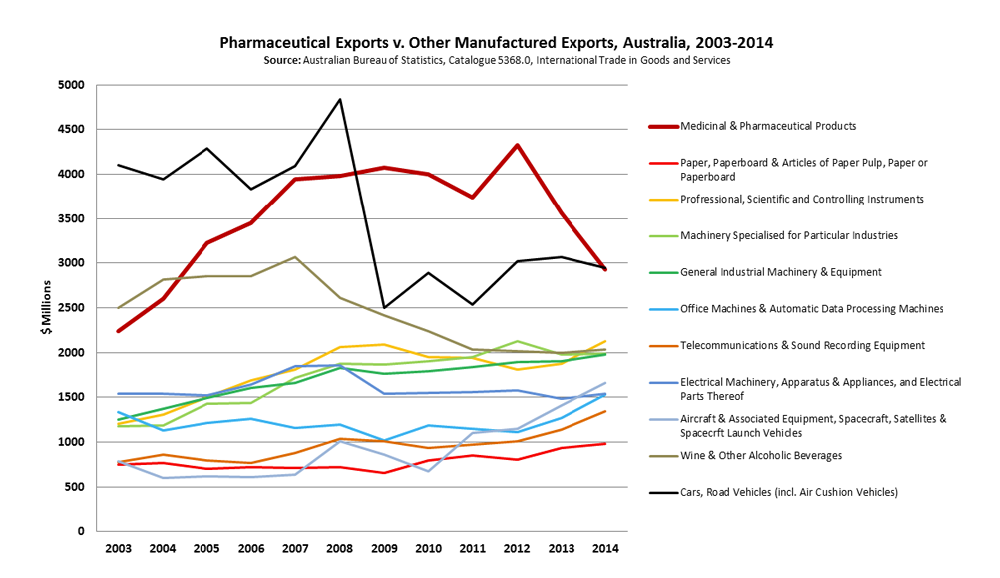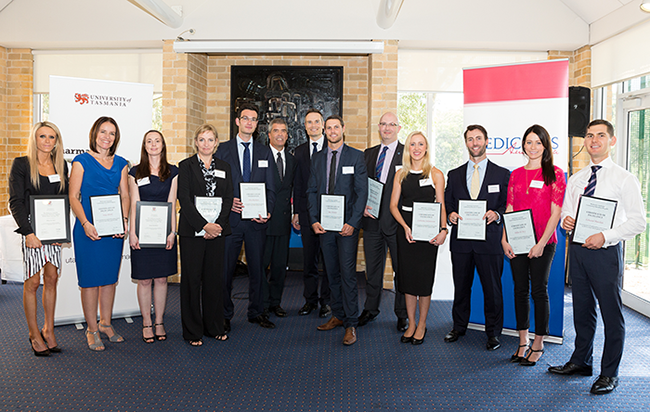PBAC Guidelines Review welcomed
Medicines Australia welcomes the announcement of a review of the PBAC Guidelines.
“We are pleased that the Government has announced that a review of the PBAC Guidelines will be undertaken,” Medicines Australia CEO, Tim James, said.
“Any opportunity that we can have to improve the quality of our health technology system in Australia must be taken, for Australia to keep pace with the rest of the world.”
The volume and depth of information provided by pharmaceutical companies to the PBAC in health technology submissions is large and growing. As new technologies are developed and drug discovery and research becomes more complex and targeted to specific genetic variations, it is critical to continuously review the guidelines that underpin the system.
“Medicines Australia is committed to good, high quality health technology assessment in Australia and is always ready to work with the government to ensure this is achieved,” Mr James said.
“Medicines Australia would also welcome regular monitoring and reporting of how the guidelines are being used in practice. This would help to establish whether improving the guidelines leads to improved access to medicines for Australian patients.
“Further, this provides a perfect time to review health technology assessment methods and a timely consideration of how to better capture the full value that medicines provide to the population, as well as to the participation and productivity of Australians.
“The Pharmaceutical Industry is always ready to work with Government to ensure the goals of the National Medicines Policy are supported and advanced.
“We have already demonstrated our commitment to ensuring a sustainable Pharmaceutical Benefits Scheme and we will continue to support measures that recognise the value of innovation through best practice health technology assessment.”
-ENDS-
Contact Person:
Alexia Vlahos
Phone: (02) 6122 8503
Email: Alexia.Vlahos@medicinesaustralia.com.au


